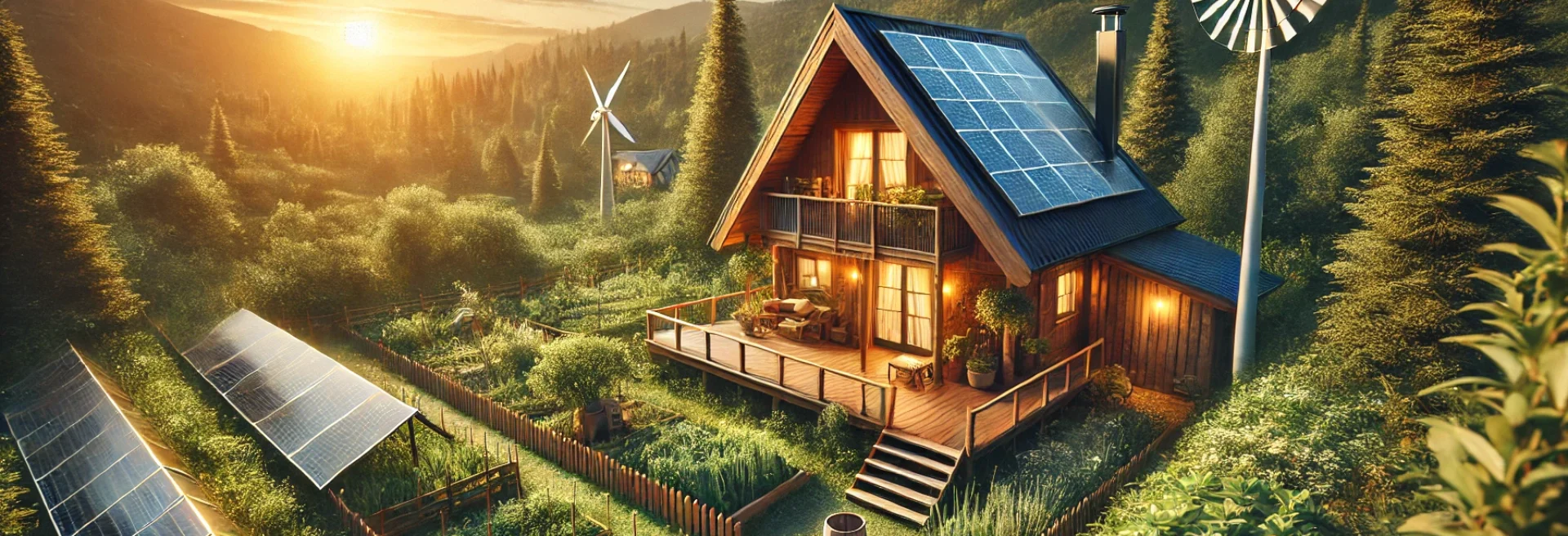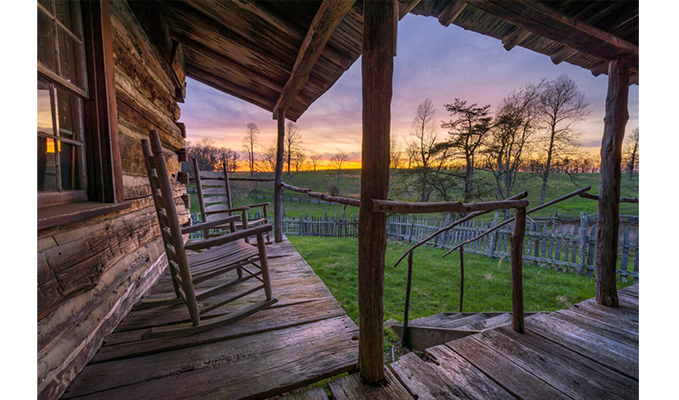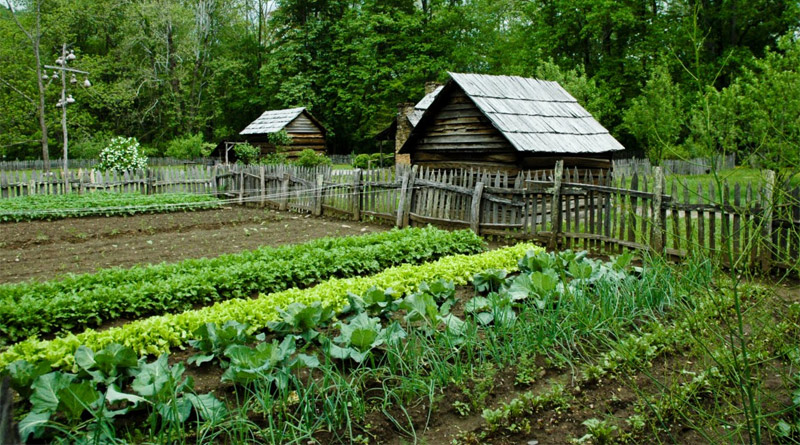Living off the grid has become an increasingly popular lifestyle choice in recent years. The term “off the grid” refers to living without reliance on public utilities such as water, gas, and electricity. Instead, off-gridders use alternative methods to generate their own power, collect and purify their own water, and manage their own waste. This lifestyle offers a variety of benefits, but also requires a significant amount of planning and effort.
One of the primary reasons people choose to live off the grid is to become more self-sufficient. By generating their own power, collecting their own water, and growing their own food, off-gridders are able to reduce their dependence on outside resources. This not only provides a sense of independence, but also helps to reduce their impact on the environment. By using renewable energy sources such as solar or wind power, off-gridders can reduce their carbon footprint and minimize their impact on the earth.
Another benefit of off-grid living is the opportunity for a simpler lifestyle. Without the distractions of modern technology and the demands of city life, off-gridders are able to focus on the things that matter most to them. Many off-gridders report feeling more connected to nature and to their community, and enjoy the freedom of living a more self-directed life.
However, living off the grid is not without its challenges. Off-gridders must be prepared to invest time, effort, and resources into building and maintaining their own infrastructure. This can include installing solar panels or wind turbines to generate power, building a rainwater collection system to provide water, and setting up composting or incinerating toilets to manage waste. These tasks can be time-consuming and require a certain level of technical expertise, so it is important to be prepared to learn new skills and to have a support network in place.
In addition to the technical challenges, off-gridders may also face social and cultural challenges. Living off the grid can be seen as a radical lifestyle choice, and off-gridders may face criticism or pushback from friends, family members, or members of their community. This can be especially challenging for families with children, who may feel isolated or disconnected from their peers. It is important to be prepared to address these challenges and to have a strong sense of community and support.
Despite these challenges, many people find that living off the grid is a rewarding and fulfilling lifestyle choice. By taking control of their own resources and living a simpler life, off-gridders are able to live in harmony with nature and to reduce their impact on the environment. For those who are willing to put in the effort and embrace the challenges, off-grid living can be a transformative and empowering experience.
If you are considering living off the grid, there are a few key factors to keep in mind. First, it is important to research and plan carefully before making the leap. This may include finding land that is suitable for off-grid living, learning about the different methods for generating power and collecting water, and connecting with other off-gridders to learn from their experiences.
It is also important to be prepared to invest time, effort, and resources into building and maintaining your own infrastructure. This may involve learning new skills and tools, such as carpentry or electrical work, and being prepared to troubleshoot and problem-solve on your own.
Finally, it is important to have a strong sense of community and support. Living off the grid can be challenging at times, and having a network of like-minded individuals can provide a sense of belonging and support. This may include joining an off-grid community, connecting with other off-gridders online, or building relationships with neighbors and local organizations.
In conclusion, living off the grid is a challenging but rewarding lifestyle choice that offers a sense of self-sufficiency, environmental stewardship, and simplicity. By investing time and effort into building and maintaining their own infrastructure, off-gridders can reduce their dependence on outside resources and live a more self-directed life. While there are certainly challenges to living off the grid, such as the need to learn new skills and the potential for social isolation, many find that the benefits of this lifestyle outweigh the drawbacks.
If you are considering living off the grid, it is important to do your research and to be prepared for the challenges that may arise. However, with careful planning, a willingness to learn new skills, and a strong sense of community and support, off-grid living can be a truly transformative and rewarding experience. Whether you are looking to reduce your environmental impact, live a simpler life, or simply gain more independence and self-sufficiency, off-grid living may be the perfect choice for you.

The importance of prepping and survival with a group or community
Prepping and survival have become increasingly important in recent years, as the threat of natural disasters, political unrest, and pandemics looms larger than ever before. […]






